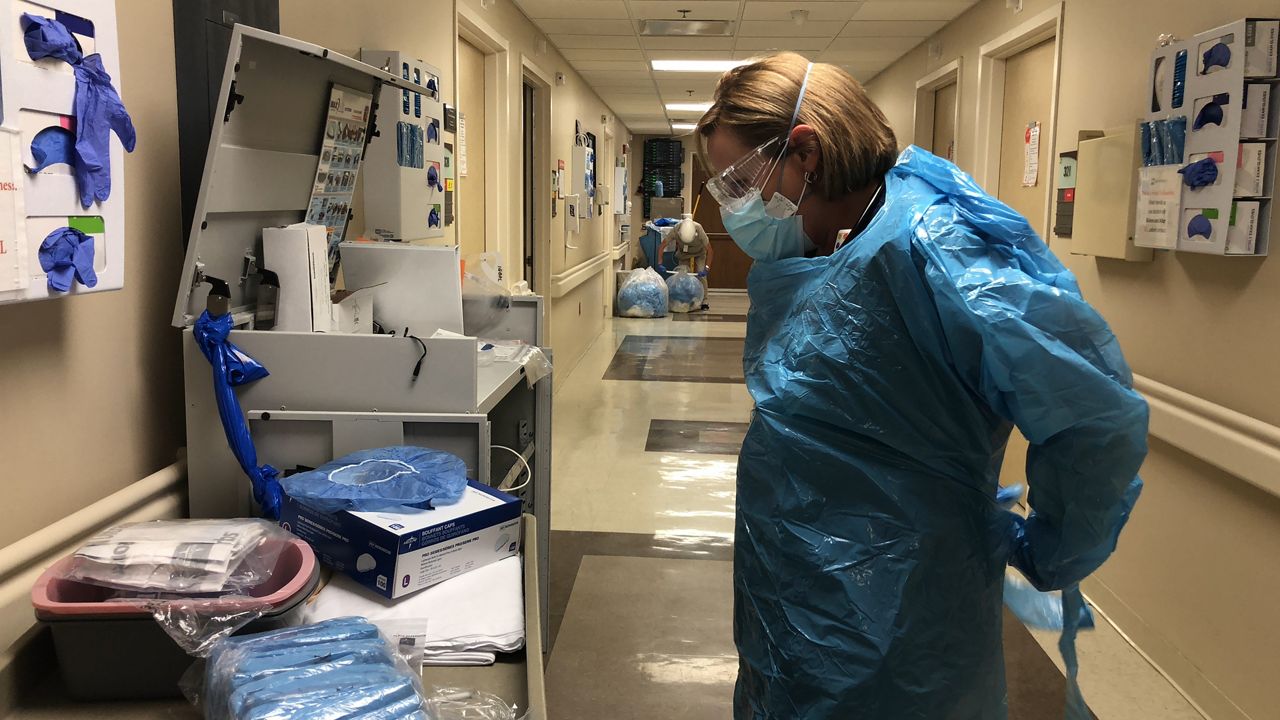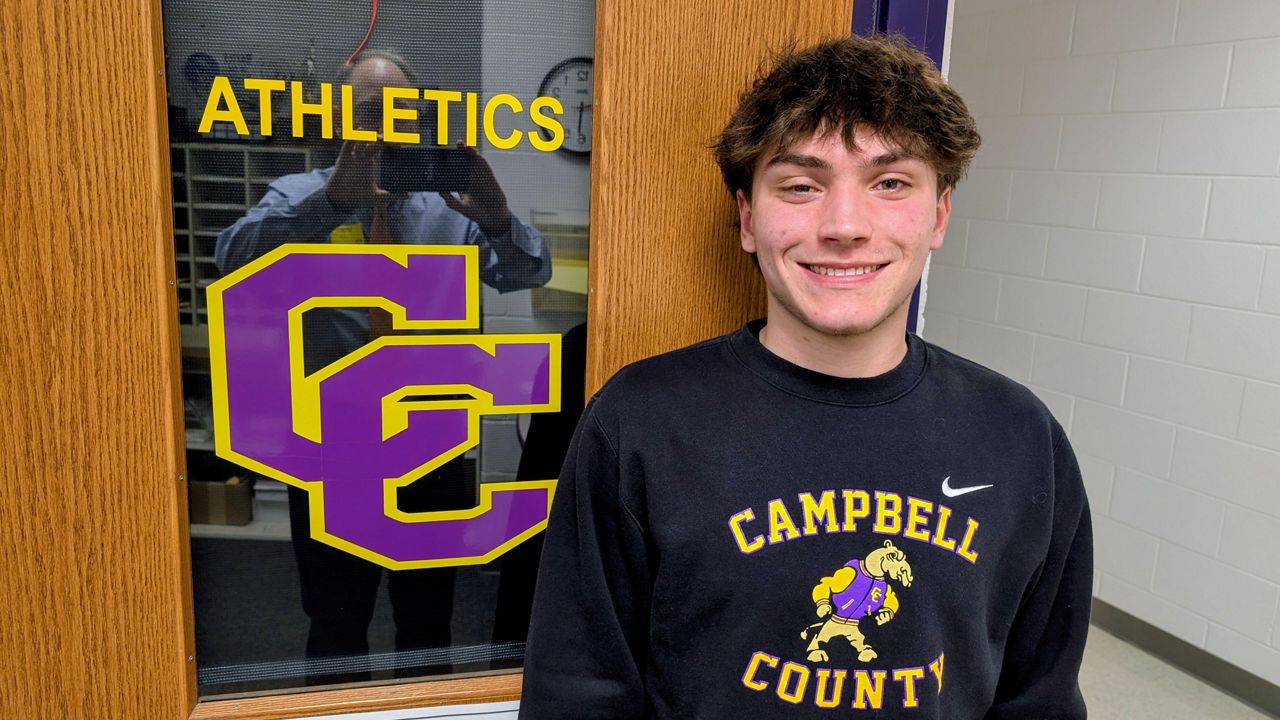LOUISVILLE, Ky. — It’s been three years since the World Health Organization declared the COVID-19 outbreak a pandemic, which has claimed the lives of 7 million people.
Now, experts are revealing how serious burnout can affect health care workers.
The American Medical Association recently surveyed nearly 3,000 workers. According to the data, 63% of physicians had at least one instance of burnout compared with 38% in 2020. The U.S. Department of Health and Human Services defines “health care burnout” as a high degree of emotional exhaustion and depersonalization.
Dr. Gail Gazelle, a Harvard assistant professor of medicine, master certified coach for physicians says the biggest signs of health care burnout that coworkers or family members might notice is irritability, lack of presence and a drained state of mind.
“They’re just not really present, they’re not listening, they’re distracted, and they’re not engaged. That feels terrible to those around us, and it feels equally terrible to the burnt out clinician,” Gazelle explained. “There’s a sense of guilt. There’s a sense of heaviness, there’s a sense of what’s wrong with me. I can’t cope, I’m not being my best self with my loved ones or my patients.”
Gazelle said there are ways to combat health care burnout, and it starts with asking yourself six questions:
- Are you teetering on the edge of burnout?
- Do you never have enough time?
- Do you feel you’re not making a difference?
- Can you turn off your mind and be present with your family?
- Have you lost your autonomy?
- Have you lost your passion for medicine?
Health care burnout is believed to be a contributing factor to the ongoing physician shortage, Gazelle said. If you or someone you know is experiencing health care burnout, you can head here.









